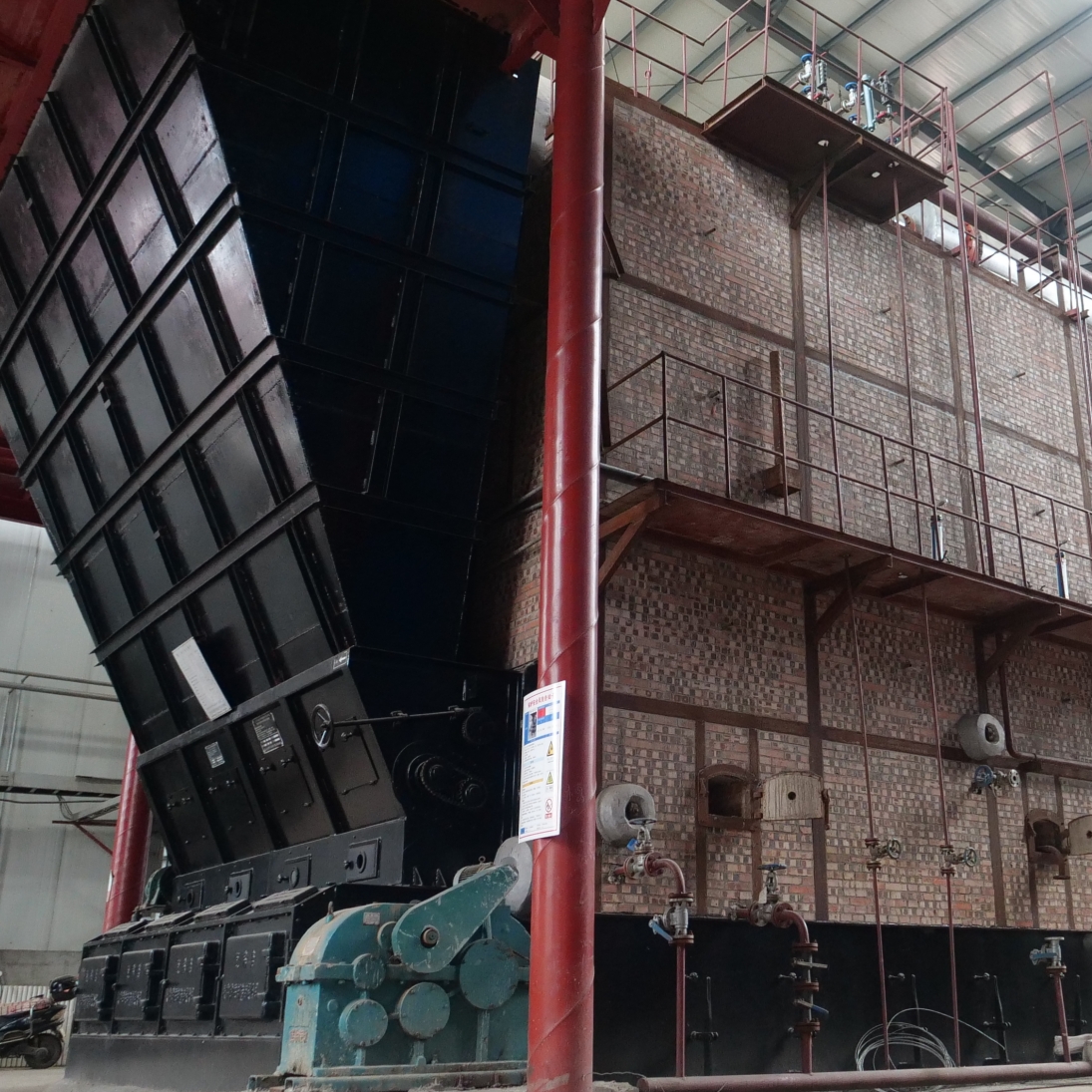
ພ.ຈ. . 08, 2024 06:29 Back to list
Exploring the Three Main Categories of Boilers Used Today
Understanding the Three Types of Boilers A Comprehensive Overview
Boilers are essential components in many industrial, commercial, and residential settings, primarily used for heating water and generating steam for various applications. The choice of boiler can significantly impact efficiency, cost, and performance. This article will explore the three main types of boilers, highlighting their features, advantages, and ideal applications.
1. Fire-Tube Boilers
Fire-tube boilers are among the most common types of boilers used across industries. In these systems, hot gases from combustion pass through tubes that are surrounded by water. The heat from the gases heats the water, generating steam.
Key Features - Design Fire-tube boilers generally have a simple design, with a shell filled with water and a series of tubes running through them. - Heat Transfer The design allows for efficient heat transfer from the hot gases to the water, making these boilers relatively efficient. - Capacity They can produce a large amount of steam quickly, which is beneficial for industries requiring rapid steam generation.
Advantages - Cost-Effective Fire-tube boilers tend to have lower upfront costs compared to other boiler types, making them an attractive option for many businesses. - Ease of Maintenance Their straightforward construction allows for easier inspection and maintenance. - Wide Usage They are versatile and can be used for various applications, from small residential heating to large industrial processes.
Ideal Applications Fire-tube boilers are commonly used in heating and power generation, food processing, and other industries where efficient steam generation is needed.
2. Water-Tube Boilers
In contrast to fire-tube boilers, water-tube boilers contain water-filled tubes that are heated by combustion gases flowing around them. This design allows for higher pressure and steam generation, making them suitable for industrial applications.
Key Features - Pressure Capability Water-tube boilers can handle higher pressures and temperatures, making them suitable for high-capacity steam needs. - Heat Exchange Efficiency They typically offer better efficiency in heat exchange due to their design, with the potential for enhanced heat transfer.
what are the 3 types of boilers

Advantages - Higher Efficiency The compact design and effective heat transfer technologies result in higher efficiency rates, leading to potential cost savings on fuel. - Safety Water-tube boilers are generally considered safer at high pressures, as there is less water volume in the boiler itself, reducing the risk of catastrophic failure. - Flexibility They can adapt to various fuel sources, including natural gas, oil, and even biomass.
Ideal Applications Water-tube boilers are frequently used in power generation, large manufacturing plants, and any operation requiring high-pressure steam generation.
3. Combination Boilers (Combi Boilers)
Combination boilers, commonly referred to as combi boilers, are a hybrid solution that combines both heating and hot water supply in one unit. They are particularly popular in residential systems due to their space-saving design.
Key Features - Space Efficiency Combi boilers do not require a separate hot water tank, making them ideal for homes with limited space. - Instant Hot Water Supply When hot water is needed, these boilers heat water directly from the mains, providing hot water on demand.
Advantages - Energy Savings Since combi boilers only heat water as needed, they can contribute to reduced energy consumption and lower utility bills. - Installation Flexibility The compact nature allows for easy installation in smaller homes or apartments without the need for extensive piping systems.
Ideal Applications Combi boilers are best suited for residential use, especially in smaller homes or those with lower hot water demands.
Conclusion
Choosing the right boiler type is essential for optimizing efficiency and performance based on specific needs. Fire-tube boilers are cost-effective and versatile, while water-tube boilers excel in high-pressure scenarios and efficiency. Meanwhile, combination boilers offer a compact and convenient solution for residential heating and hot water needs. Understanding the key differences among these boiler types helps ensure the best selection for your heating and steam generation requirements. Whether for industrial or residential purposes, making an informed decision will lead to improved comfort, efficiency, and overall effectiveness in heating applications.
-
Efficient Biomass Fired Hot Water Boiler | AI Heating Solution
NewsAug.01,2025
-
High-Efficiency Gas Thermal Oil Boilers | HPT Models
NewsJul.31,2025
-
Oil Fired Hot Water Boilers Sale - High Efficiency & Affordable
NewsJul.31,2025
-
High-Efficiency Commercial Oil Fired Steam Boiler for Industry
NewsJul.30,2025
-
High-Efficiency Biomass Fired Thermal Oil Boiler Solutions
NewsJul.30,2025
-
High Efficiency Gas Fired Thermal Oil Boiler for Industrial Heating
NewsJul.29,2025
Related PRODUCTS






















